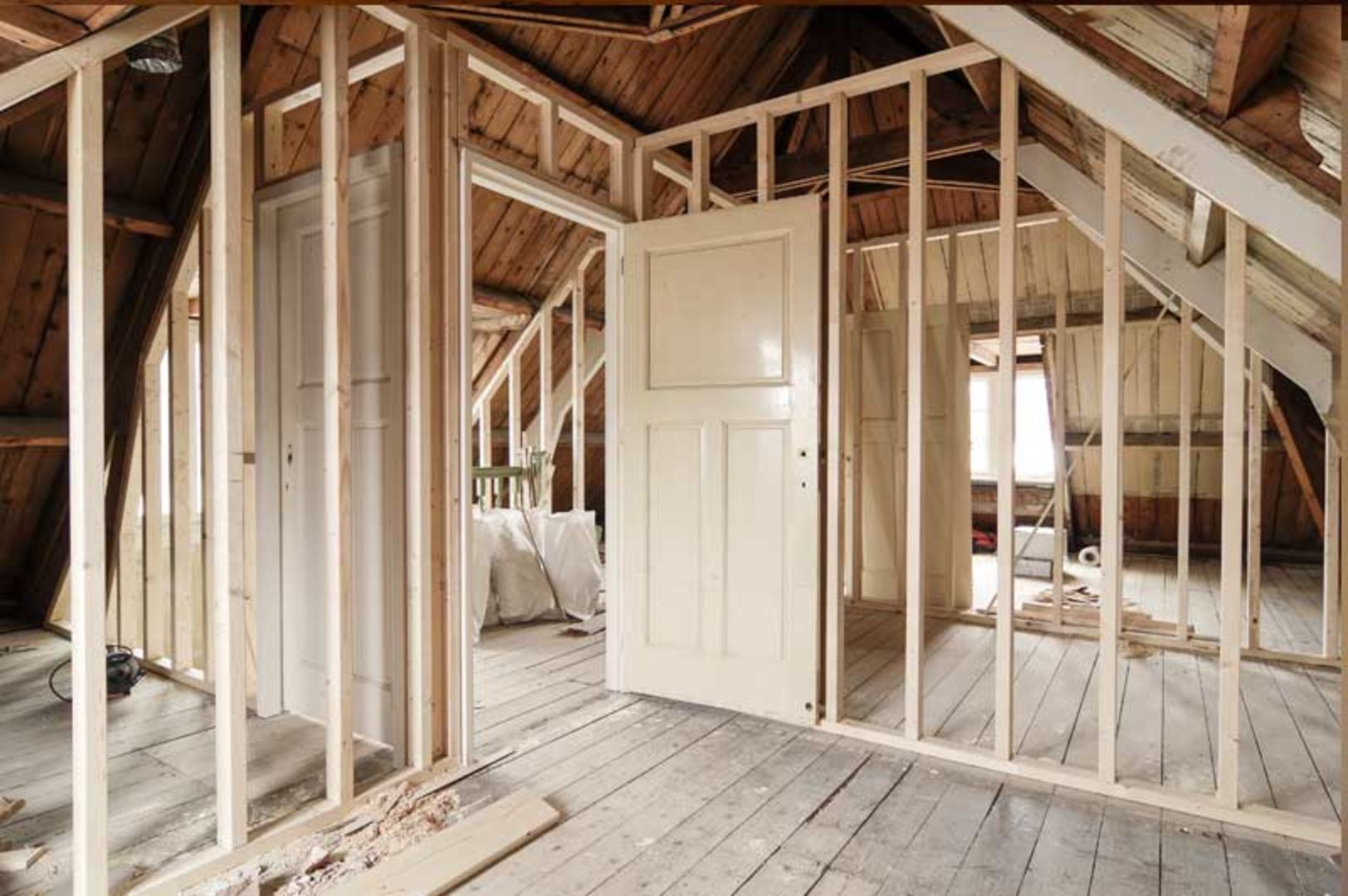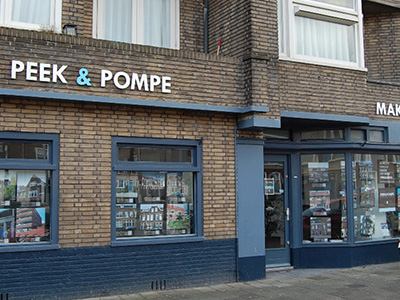In a market where the housing supply seems to be shrinking and it is therefore becoming more difficult to purchase a home, it is logical that people will look for alternatives. In many cases, homes that are not completely ready to move in are sold less quickly and for a lower price.
This is due to the fact that many people do not like such a renovation or (think) they do not have the financial resources at their disposal. However, such a home may be feasible sooner than people think because you can often (largely) co-finance the renovation. This is generally financed through a construction fund. Of course, it is also possible to apply for such financing for your current home, for example for an extension or construction.
What is a construction account?
A construction deposit can be seen as a temporary bank account into which part of the mortgage sum is deposited. As soon as costs are incurred for the renovation, you submit these invoices to the bank and the costs will be reimbursed from the construction fund. In this way, the bank prevents the funds from being used for expenses other than the renovation or conversion of the home.
What amount can be (co-)financed?
Before you can apply for a mortgage with a construction deposit, the home must be appraised. This valuation report will contain at least two values. A value before renovation and a value after renovation. For this appraisal it is necessary to provide a renovation specification so that the appraiser has an overview of the proposed work and can assign a value to it. In general, the difference in value before and after renovation will be paid into the construction fund.
Which investments provide the desired increase in value?
It is of course important that the desired renovation or renovation can also be financed. In addition to financing this in the mortgage, this can also be done by contributing your own resources (possibly from the surplus value of the previous/current home). It is important to know which investments result in an increase in value and which do not or only partially. Renovating a kitchen that is, for example, only 3 years old will add significantly less value than, for example, creating more living space through an extension or extension. In the latter example, it may even happen that the increase in value is higher than the investment. A purchasing agent can of course give you good advice on this. Applying self-motivation (or a handy father, uncle, boyfriend or girlfriend) also naturally reduces costs and increases value.
Good advice is indispensable
To get a good idea of your possibilities and especially your impossibilities, it is necessary to obtain good advice. This starts with a mortgage advisor to map out your financial picture, a purchasing agent to advise you about the housing market and house prices (before and after renovation) and possibly a construction engineer or contractor who can help make an accurate budget.
Are you going to take on the adventure or not?
When buying a DIY home, in many cases more is possible than you think. However, it must suit you and you will have to deal with unforeseen circumstances or even some setbacks. A realistic picture of such a process is therefore necessary.
Would you like to know more about buying or having a home or job appraised? Please feel free to contact us!




